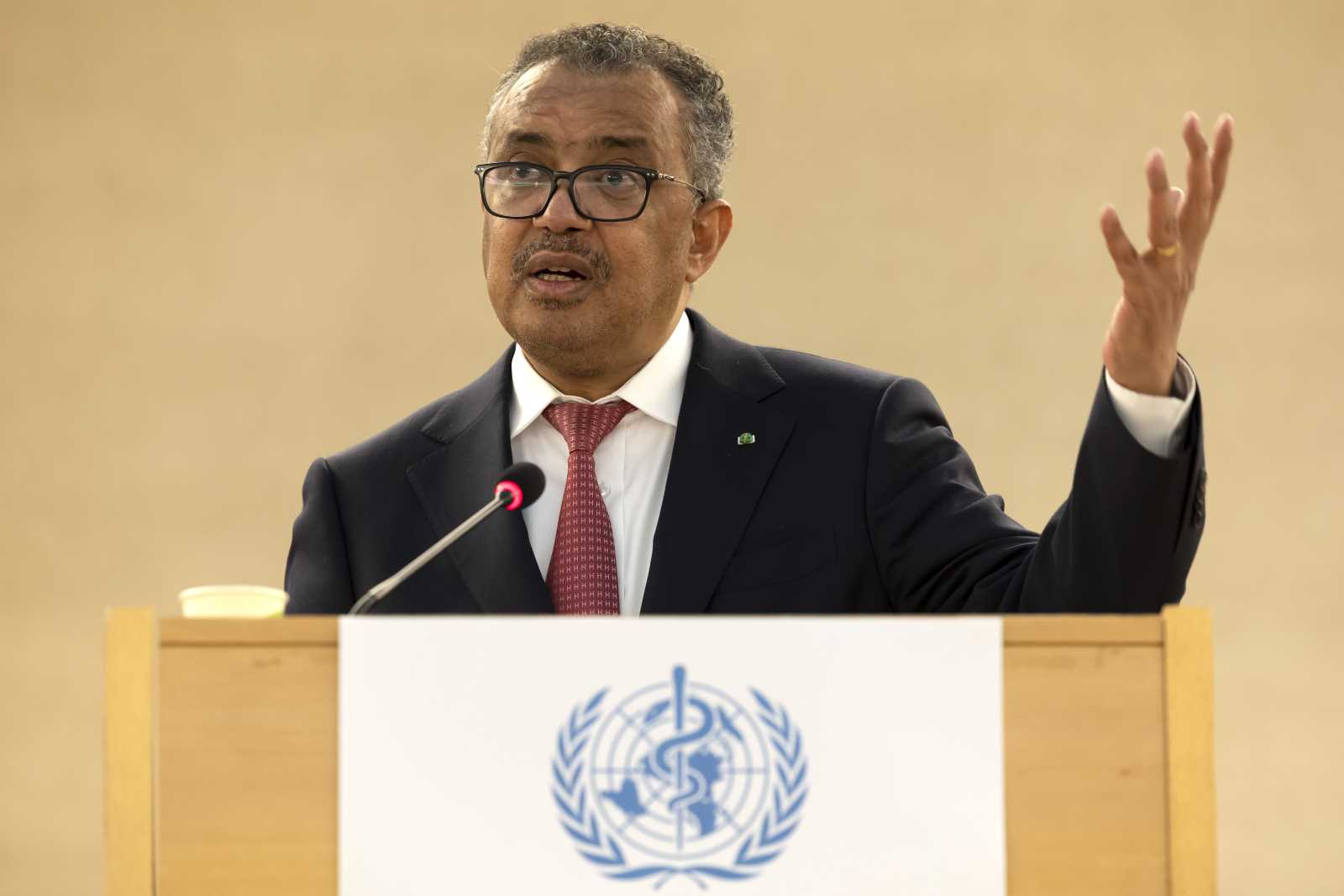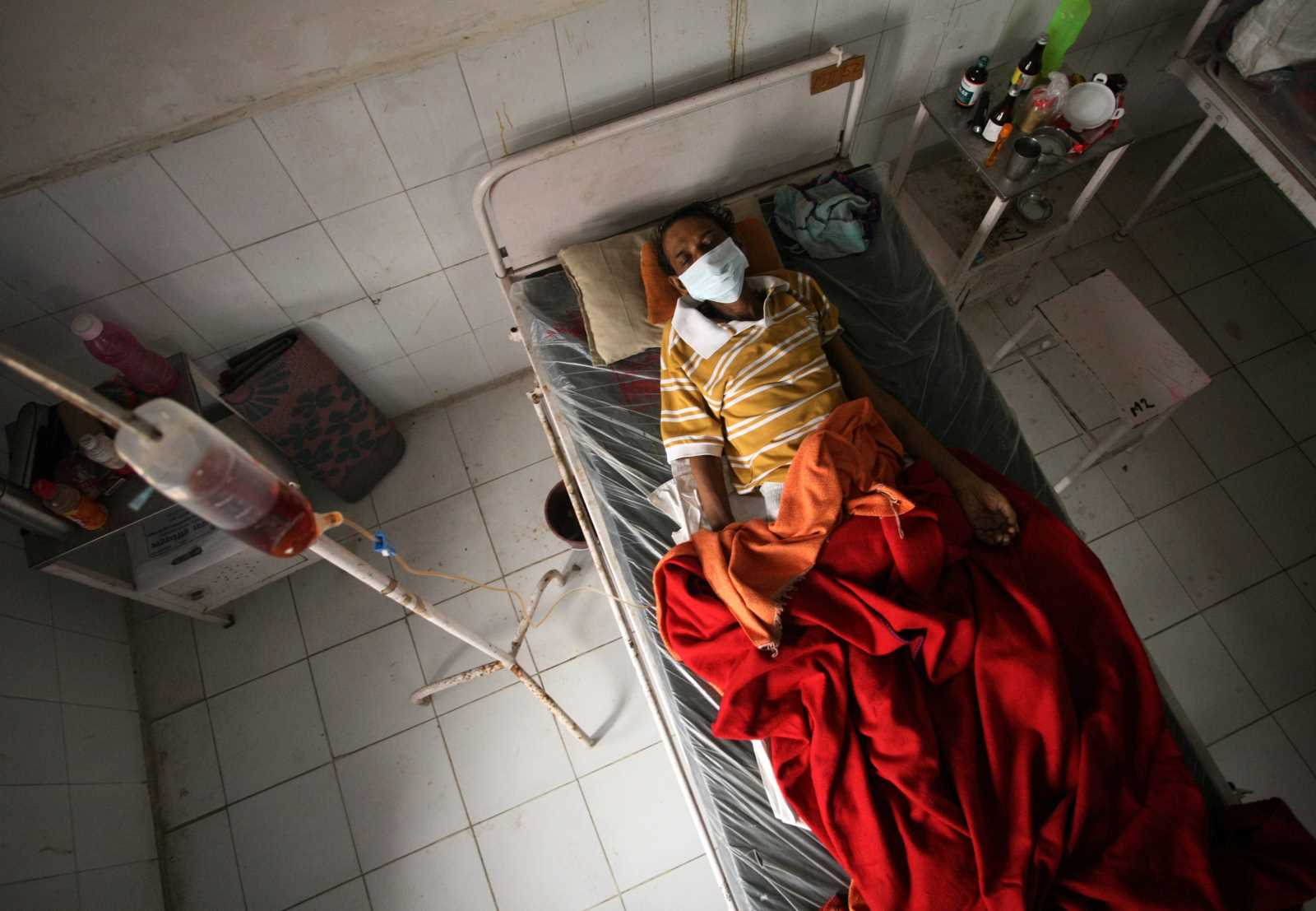Neglect of duty in developing countries
The UN General Secretary’s High-Level Panel on Access to Medicines has launched an important report yesterday. It deals with how pharma supply can be improved for poor people in developing countries and what must be done to gear the pharma industry more to their needs. One of the messages is that governments should make use of their right to override patents if that is necessary for ensuring public health.
This right was internationally agreed by the WTO in 2001. The HIV/AIDS crisis was the background of the decision. It had become clear that many countries could not afford to pay the high prices multinational pharma giants demanded for indispensable anti-retroviral medicines. As demanded by Brazil and other countries at the time, governments were given the right to grant compulsory licences to produce cheaper generic versions of pharmaceuticals when necessary - even if those pharmaceuticals were protected by intellectual property (IP) rights.
It seems absurd that a high-ranking UN panel should have to reiterate a principle of this far-reaching relevance. Governments should be making use of this right whenever that helps to safeguard affordable health care. Too often, they are not doing so, and they are thus neglecting their duties.
Yes, the multinational corporations that want to maximise profits must share some of the blame. Putting pressure on the governments of poor nations to the detriment of their people in order to maximise profits is unacceptable behaviour. In the same sense, the behaviour of governments of advanced nations that support such irresponsible corporate interests is not acceptable either.
Too often, governments of poor nations cave in to such pressure. There really is no excuse for doing so. Their duty is to grasp all the opportunities they have to improve their people’s welfare. One such opportunity is provided by the WTO provisions that give them the power to ensure pharma supply in spite of IP rights. The provisions make sense, and they need to be applied.
Since 2001, many pharma corporations have concluded voluntary agreements to provide important innovative pharmaceuticals to low- or middle-income countries at lower prices. They have done so because they know that, in doubt, the government they are dealing with has the stronger hand. After all, it is entitled to override their IP rights. In the meantime, the normal procedure seems to be that governments do not do so. Instead they try to reach some kind of voluntary agreement. The result is that prices are rising and compulsory licences have begun to look outrageous once more. The point is that one’s rights erode if one does not insist on them.
Making matters more complicated, many bilateral trade deals include more stringent rules concerning IP rights. They do not grant the kind of exceptions the WTO offers for public health reasons. The governments of developing countries and emerging markets would do well to reject such clauses and insist on the WTO rules. The UN panel considers the WTO rules appropriate, and demands that all additional trade agreements be evaluated in regard to their impact on public health before they are concluded.
Obviously, the governments of rich nations should pay attention to these issues too, but first and foremost, that is the duty of the governments of the countries where people’s health care is at risk. They must not cave in to powerful interests. The governments of the disadvantaged parts of the world like to complain about an unfair world order. The least they can do is to use the rights they have according to international law.











